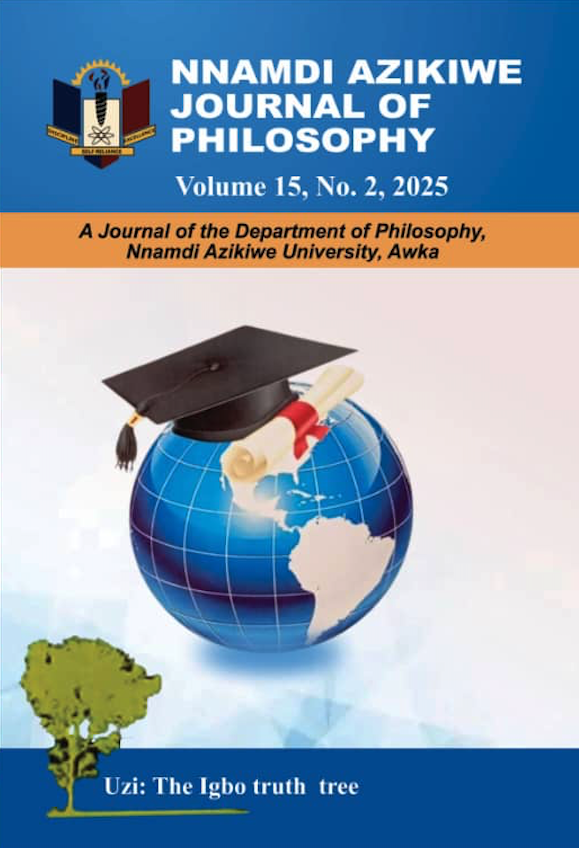Rethinking Development: A Paradigm Shift Towards Community-Driven Approaches
Résumé
Despite significant investments in Official Development Assistance (ODA) and development initiatives, persistent gaps remain in addressing poverty, inequality, and other socio-economic challenges in low- and middle-income countries. Development actors often employ standardized approaches that fail to break cycles of chronic underdevelopment and disempowerment, even as their numbers continue to grow. Traditional theories, such as modernization theory, prioritize economic growth and Western industrialization models, neglecting critical social, political, cultural, and environmental dimensions. This pro economic growth perspective overlooks sustainable, community-driven, and participatory approaches that empower local populations. A more holistic development model focuses on bottom-up ownership, local engagement, and multidisciplinary strategies that align with community needs. Using a critical analytical approach and secondary data, this paper highlights the shortcomings of conventional development frameworks and advocates for a paradigm shift rooted in Amartya Sen’s capability approach. To foster sustainable development, communities must be well-informed about their political and social environments and actively participate in decision-making processes. They should analyze local challenges independently, formulate strategies, and take ownership of implementation, monitoring, and evaluation. This paper critiques the role of external actors in development interventions and argues that true progress requires a transition from top-down approaches to more inclusive, locally-driven solutions. Emphasizing human capabilities and holistic development ensures that interventions align with the multifaceted realities of affected communities.


